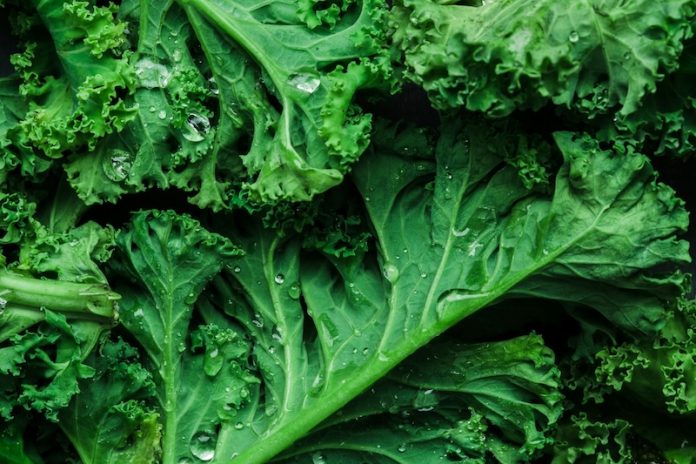
Dark leafy vegetables, like spinach, kale, Swiss chard, and collard greens, are more than just a side dish—they’re a powerful tool for managing blood pressure.
Packed with nutrients that support heart health, these vegetables are a natural and effective way to help keep blood pressure in a healthy range. Let’s dive into why these greens are so beneficial and what the research says about their role in controlling blood pressure.
One of the key nutrients in dark leafy vegetables is potassium, a mineral that helps balance the effects of sodium in the body. Too much sodium can raise blood pressure, but potassium works to counteract it by helping the kidneys remove excess sodium through urine.
This balancing act keeps blood pressure from climbing too high. Studies, like one published in The New England Journal of Medicine, have shown that diets rich in potassium are associated with lower blood pressure and a reduced risk of heart disease.
Dark leafy greens are also a great source of magnesium, another mineral that plays a crucial role in blood pressure regulation. Magnesium helps relax the walls of blood vessels, allowing blood to flow more freely.
A study in The Journal of Clinical Hypertension found that people with higher magnesium intake had significantly lower blood pressure levels. Including more dark leafy vegetables in your diet is an easy way to boost your magnesium levels naturally.
Another reason these vegetables are so good for blood pressure is their nitrate content. Natural nitrates found in greens like spinach and arugula are converted into nitric oxide in the body, a molecule that helps blood vessels relax and expand.
This process reduces resistance in the blood vessels and lowers blood pressure. A clinical study published in Hypertensionshowed that consuming nitrate-rich vegetables daily could significantly reduce both systolic (the top number) and diastolic (the bottom number) blood pressure.
Dark leafy vegetables are also low in calories and high in fiber, making them great for overall heart health. Fiber helps reduce cholesterol levels and improve blood vessel function, which further supports healthy blood pressure.
A review in The American Journal of Clinical Nutrition found that diets high in fiber, particularly from vegetables, were linked to lower blood pressure and a reduced risk of hypertension.
One of the best things about dark leafy greens is their versatility. Whether eaten raw in salads, steamed as a side dish, or blended into smoothies, these vegetables are easy to incorporate into daily meals.
Adding a handful of spinach to your breakfast omelet or tossing kale into your soup are simple ways to enjoy their benefits.
Research has also highlighted specific greens for their blood pressure-lowering effects. For instance, spinach has been extensively studied for its high nitrate content and ability to improve blood vessel health.
A study in Nutrition Researchfound that drinking a spinach-based smoothie daily for just a week led to a significant drop in blood pressure. Similarly, Swiss chard is rich in magnesium and potassium, making it another excellent choice for managing blood pressure.
It’s important to note that while dark leafy vegetables are highly beneficial, they should be part of an overall healthy diet and lifestyle.
Eating a variety of fruits, vegetables, whole grains, and lean proteins, along with regular exercise, is key to maintaining healthy blood pressure. Reducing processed foods and limiting added salt can also enhance the benefits of these greens.
In summary, dark leafy vegetables are nature’s medicine for managing blood pressure. Rich in potassium, magnesium, and natural nitrates, they work to relax blood vessels, balance sodium levels, and improve overall heart health.
Including these greens in your daily meals is a simple and delicious way to take care of your blood pressure and support long-term wellness.
If you care about high blood pressure, please read studies that early time-restricted eating could help improve blood pressure, and coconut sugar could help reduce blood pressure and artery stiffness.
For more information about blood pressure, please see recent studies about added sugar in your diet linked to higher blood pressure, and results showing plant-based foods could benefit people with high blood pressure.
Copyright © 2024 Knowridge Science Report. All rights reserved.










Leave a Comment